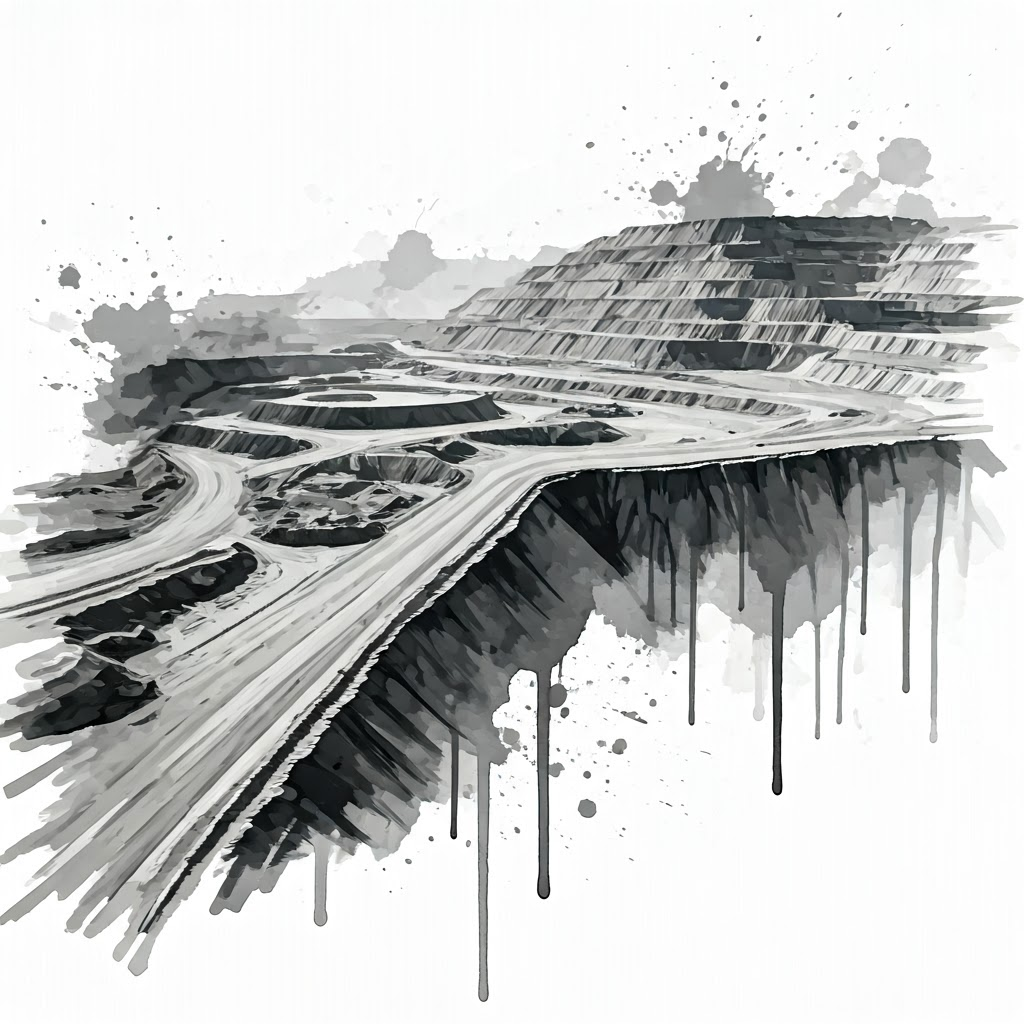Hold on to your hard hats, folks! After a five-year hiatus, the Nigerian Federal Government has given the green light to mining activities in Zamfara. Yes, you heard that right! This is huge news for the economy, for local communities, and for anyone who’s ever wondered what’s really going on under our feet. Get ready for a deep dive into what this all means.
- Mining ban lifted: After 5 years, mining is back in Zamfara.
- Reason: Improved security conditions in the region.
- Economic boost: Zamfara is rich in valuable minerals like gold, lithium, and copper.
- Gov’t strategy: Increased security and intelligence gathering.
Why the Mining Ban Was Imposed in the First Place
Back in 2019, things weren’t so rosy in Zamfara. Bandits were running wild, and it turned out that illegal mining was funding a lot of their activities. The Federal Government had to step in and put a stop to all mining operations to cut off their resources. It was a necessary move, but it left a massive hole in the state’s economy.
The Dawn of a New Era
Fast forward to today, and the situation is looking much brighter. According to the Minister of Solid Minerals Development, Dr. Dele Alake, the security situation in Zamfara has improved significantly. He credits President Bola Tinubu’s administration with deploying intelligence-gathering strategies and other security operations. This has led to the capture of key bandit leaders, including Halilu Sububu. With this progress, the government believes it’s safe to reopen for business.
What’s at Stake?
Zamfara is not just any old state; it’s a treasure trove of critical minerals. We’re talking about massive deposits of gold, lithium, and copper – the very stuff that’s needed for energy transition. By reactivating mining, the Nigerian government aims to boost the nation’s economic profile and contribute significantly to the Gross Domestic Product. These minerals are vital not only for Nigeria’s growth but also for industries worldwide. For example, Lithium is a key ingredient in batteries for electric vehicles, making its demand skyrocket.
The Problem with the Ban
While the ban was necessary, it created a vacuum that was quickly exploited by illegal miners. These illegal operations robbed the nation of valuable resources and cost the government, local communities, and legitimate business owners considerable losses. The lifting of the ban aims to correct this issue, bring mining operations back into legal bounds, and generate needed revenue.
Security Measures in Place
You might be wondering how the government will ensure the safety of mining operators. Well, they’ve thought of that too. They plan to deploy increased intelligence gathering by relevant security agencies and collaborate closely with mining companies. These measures are meant to protect the miners and their operations, and to ensure a smooth and secure restart.
Benefits for the Locals
It’s not just the government that stands to gain. The lifting of the ban also means good news for the local communities in Zamfara. The mining companies will implement corporate social responsibility projects that will benefit the people in these areas. This could include investments in infrastructure, education, and healthcare. It’s all part of ensuring that the profits from mining benefit everyone in the region.
Nigeria’s Mining Deal With France
In related news, Nigeria recently signed a Memorandum of Understanding (MOU) with France to boost the mining sector. This isn’t about Nigeria giving up control over its resources or getting into any military pact. Instead, it’s about training and capacity building. Nigeria is seeking technical, financial, and capacity support to develop its mining sector further, including joint projects and plans to rehabilitate old mining sites. The deal will also open opportunities for environmental rehabilitation of more than 2,000 abandoned pits in the country.
The Takeaway
So, there you have it: mining is back on the menu in Zamfara! This isn’t just about digging up minerals; it’s about boosting the economy, creating jobs, and developing communities. It’s about Nigeria taking charge of its resources and ensuring that they benefit everyone. The future for Zamfara looks bright, and the potential is enormous. This is a big step for Nigeria and one we’ll be watching closely.




